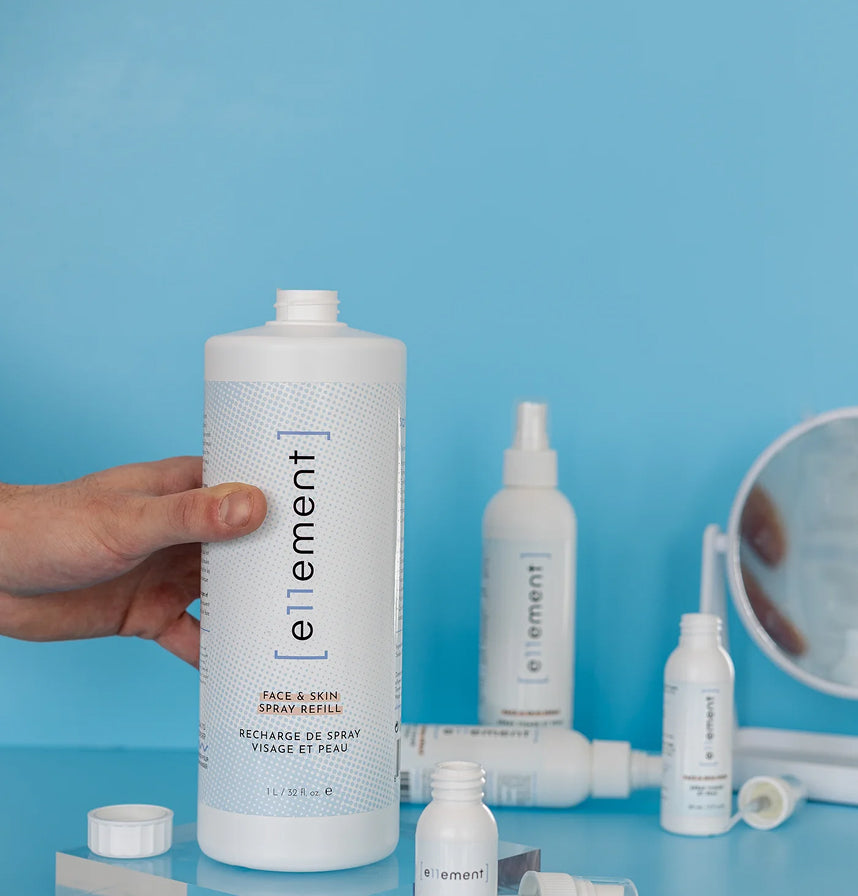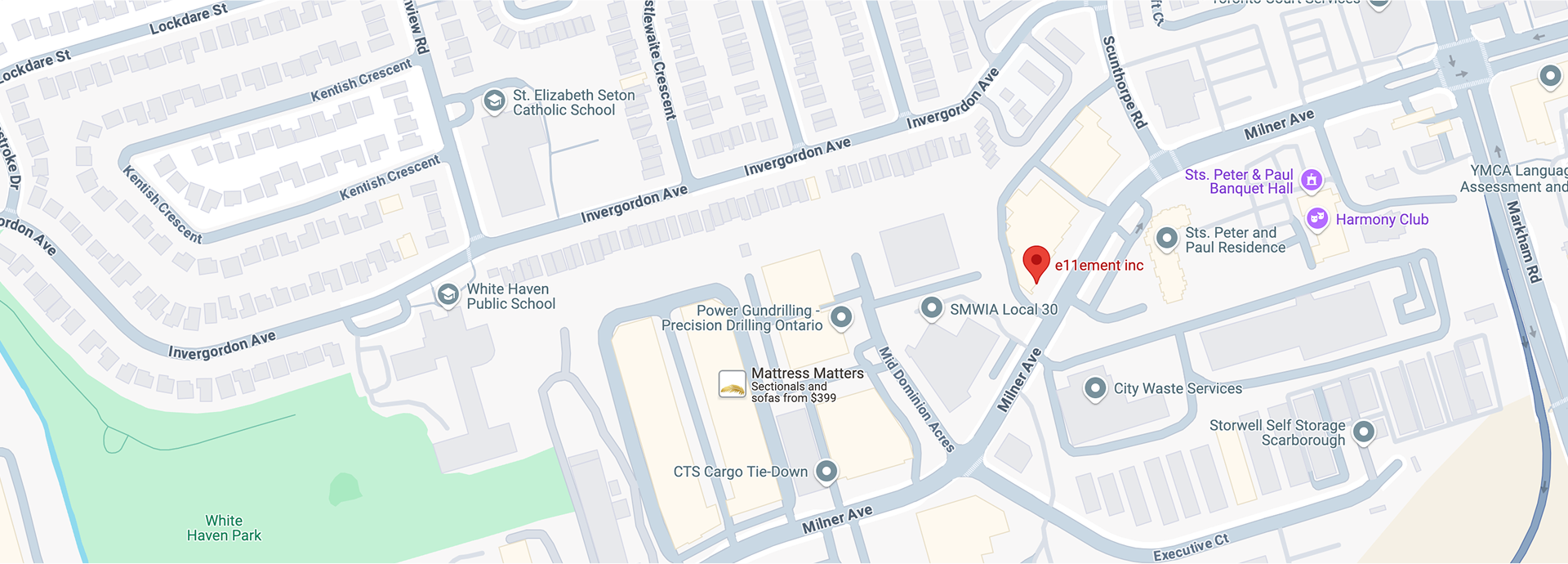Hypochlorous acid (HOCl) is gaining popularity in skincare for its powerful yet gentle properties. This naturally occurring compound, which plays a role in the body's immune response, is often used in sprays and treatments for its ability to kill bacteria, reduce inflammation, and promote healing. But as more people integrate hypochlorous acid spray into their skincare routines.
Retinol, a well-known derivative of vitamin A, is widely used for its anti-aging benefits. It helps reduce fine lines, wrinkles, and acne while promoting collagen production. However, it is also a sensitive ingredient that can lose effectiveness when exposed to certain compounds. Understanding how hypochlorous acid interacts with retinol is crucial for ensuring that your skincare routine remains effective.

What is Hypochlorous Acid and How Does It Work?
Hypochlorous acid (HOCl) is a naturally occurring compound that the human body produces as part of its immune system to fight infections. In the skincare world, HOCl is often found in products like hypochlorous acid sprays, which are used to cleanse and soothe the skin, treat minor wounds, and reduce inflammation. It is especially effective in killing harmful bacteria without causing irritation or dryness, making it a popular choice for people with sensitive skin.
The compound works by disrupting the cell walls of bacteria and neutralizing free radicals, promoting skin healing and reducing inflammation. Unlike harsher antibacterial agents, hypochlorous acid is gentle enough to be used on a variety of skin types, including those with conditions like eczema or rosacea. It is often used as a facial spray, applied after cleansing, or throughout the day to soothe the skin.
The Role of Retinol in Skincare
Retinol has long been a key ingredient in skincare routines for its powerful anti-aging and acne-fighting properties. A derivative of vitamin A, retinol helps speed up cell turnover, promote collagen production, and improve skin texture. It works by stimulating skin cells to regenerate, which can lead to smoother, more youthful-looking skin.
However, retinol is a delicate compound that can lose its potency when exposed to certain environmental factors, such as light, air, and certain chemical compounds. This raises concerns about how it might interact with other ingredients in a skincare routine, such as hypochlorous acid.
Does Hypochlorous Acid Deactivate Retinol?
When it comes to combining hypochlorous acid spray with retinol, there are legitimate concerns about potential interactions. Retinol is known to be sensitive, and its efficacy can be compromised when used with ingredients that cause oxidative stress or have a low pH. However, hypochlorous acid is a neutral compound, meaning it has a balanced pH level, and it does not create an environment that would typically deactivate retinol.
While there is no direct evidence that hypochlorous acid deactivates retinol, it's essential to apply these products in a way that ensures both remain effective. If you are using a hypochlorous acid spray and retinol in your skincare routine, it's generally recommended to apply them at different times of the day. This ensures that the retinol can penetrate the skin without being compromised by other active ingredients.
For example, you can use hypochlorous acid spray in the morning as part of your cleansing and soothing routine and apply retinol at night, when your skin undergoes its natural repair process. This separation helps preserve the efficacy of both products and reduces the risk of any adverse interactions.
How to Incorporate Hypochlorous Acid Spray and Retinol into Your Skincare Routine
If you're looking to incorporate both hypochlorous acid spray and retinol into your skincare regimen, it's essential to use them thoughtfully. Here are some tips to ensure both products work harmoniously:
1. Time Your Applications
As mentioned earlier, timing is crucial when using both hypochlorous acid and retinol. Retinol works best at night because your skin is in repair mode, while hypochlorous acid spray can be used in the morning or during the day to soothe and protect the skin from environmental aggressors. By using these products at different times, you minimize the risk of any potential interaction that could reduce the efficacy of retinol.
2. Patch Test for Sensitivity
Before combining any new skincare products, it's a good idea to do a patch test. This will help you determine if your skin reacts negatively to either the hypochlorous acid spray or retinol. Apply a small amount of each product to a discreet area of your skin and wait 24 hours to see if any redness, irritation, or other adverse reactions occur.
3. Start Slow with Retinol
If you're new to retinol, start slowly. Begin with a lower concentration of retinol and gradually increase the frequency of use as your skin builds tolerance. Hypochlorous acid spray can be used daily without issue, but it's essential to introduce retinol cautiously to avoid irritation.
4. Use Sunscreen During the Day
Retinol increases skin sensitivity to the sun, so it's crucial to use sunscreen during the day, especially if you're using retinol in your nighttime routine. Hypochlorous acid spray can also offer some protection by soothing the skin and reducing inflammation, but it’s not a substitute for sunscreen.
Key Benefits of Hypochlorous Acid Spray in Skincare
Hypochlorous acid spray has a range of benefits that make it an excellent addition to any skincare routine:
- Gentle and Non-Irritating: Suitable for sensitive skin, hypochlorous acid is less likely to cause irritation compared to other antibacterial ingredients.
- Anti-Inflammatory: Reduces redness and inflammation, making it ideal for people with acne, rosacea, or other inflammatory skin conditions.
- Promotes Healing: Encourages skin repair and can be helpful in treating minor cuts, wounds, or blemishes.
- Antibacterial Properties: Kills harmful bacteria without stripping the skin of moisture or causing dryness.
Conclusion:
In conclusion, hypochlorous acid does not deactivate retinol, and the two can coexist in a well-planned skincare routine. The key is to time your applications properly—using hypochlorous acid spray in the morning and retinol at night—to ensure both ingredients work effectively without interfering with each other.
Hypochlorous acid spray offers a range of benefits for soothing, protecting, and healing the skin, making it a valuable addition to any routine. By being mindful of how you use these products together, you can enjoy the full benefits of both without compromising the efficacy of retinol.























